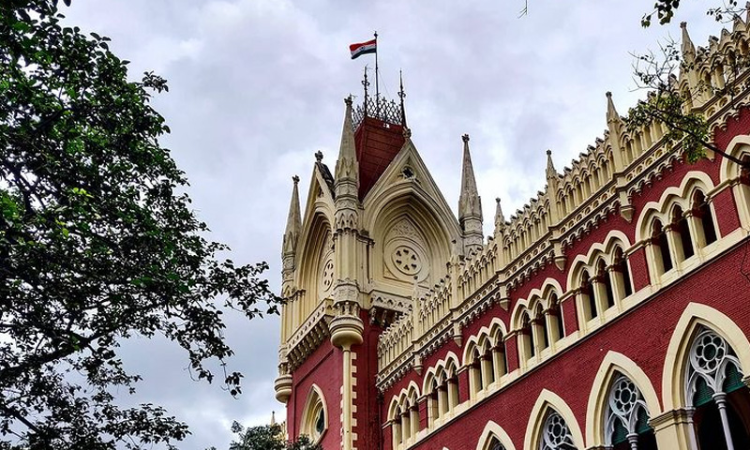The Calcutta High Court bench of Justice T.S. Shivagnanam and Justice Hirnmay Bhattacharyya has held that the GST department cannot detain vehicles in the absence of a second e-way bill as the first e-way bill was valid in the interception period. The respondent/assessee submitted that the detention of the vehicle along with the goods and the demand for tax and penalty were...

